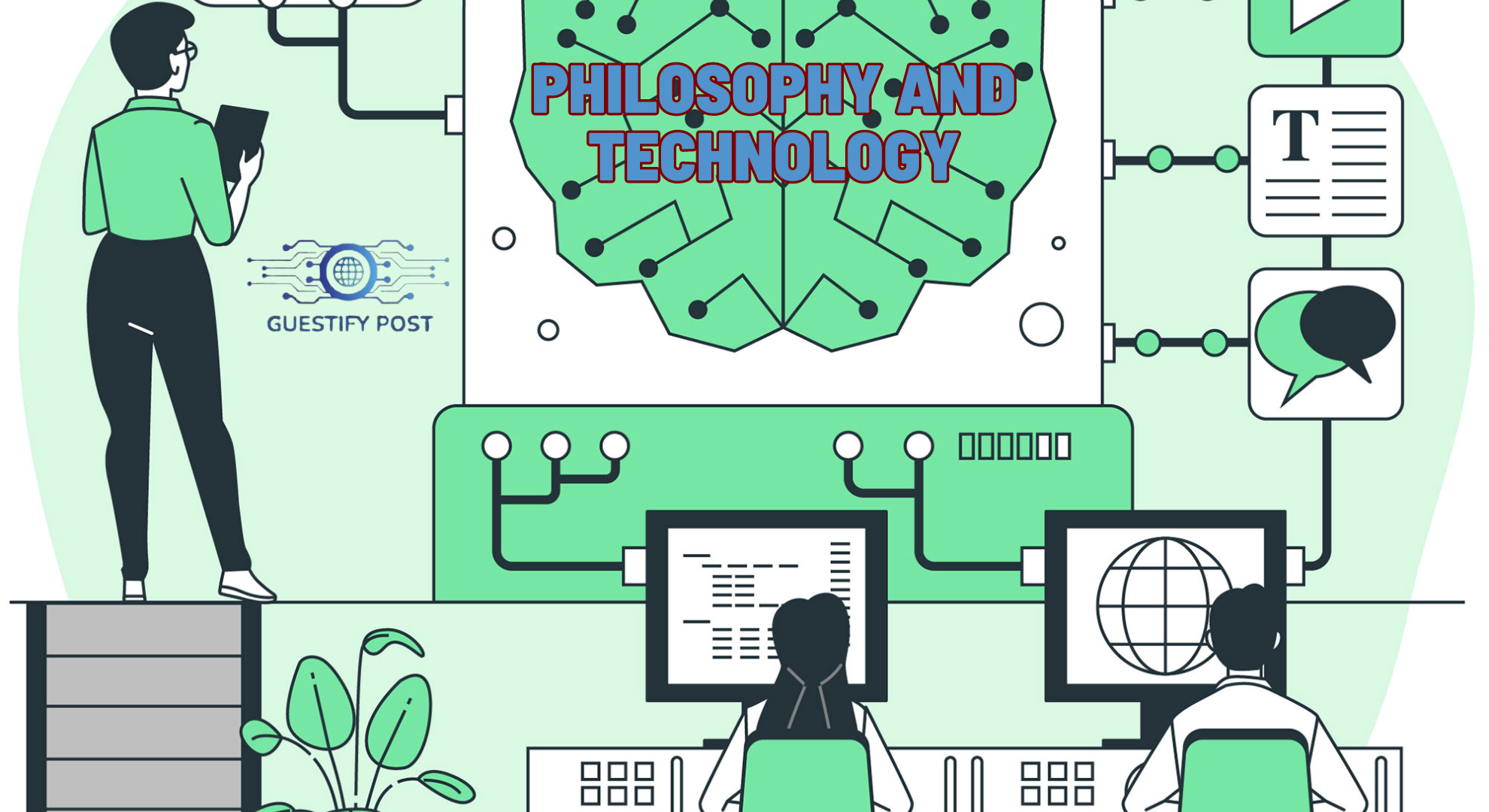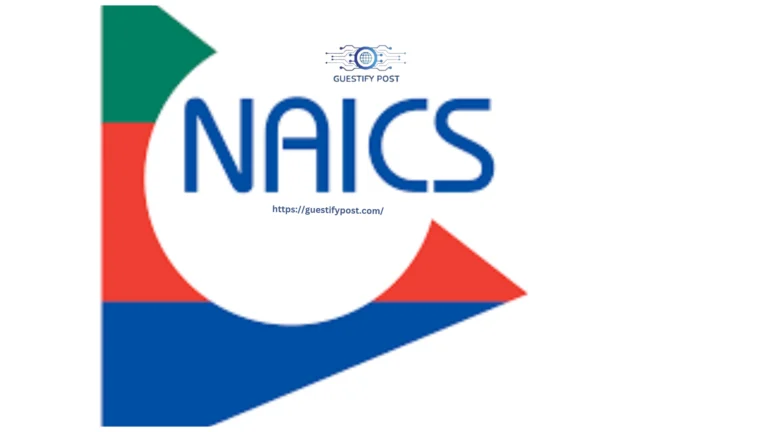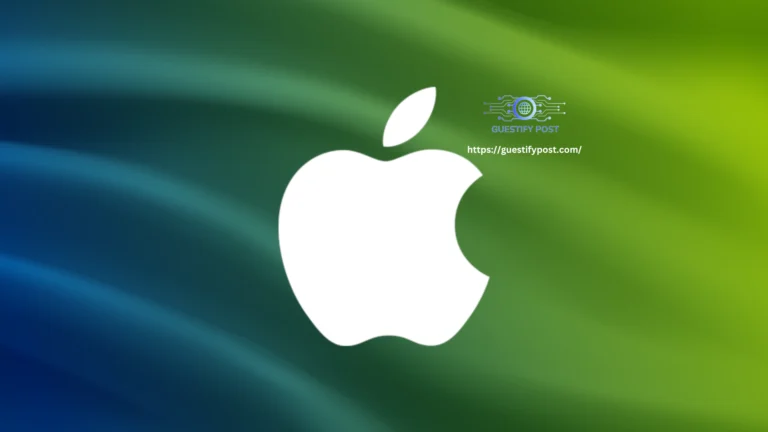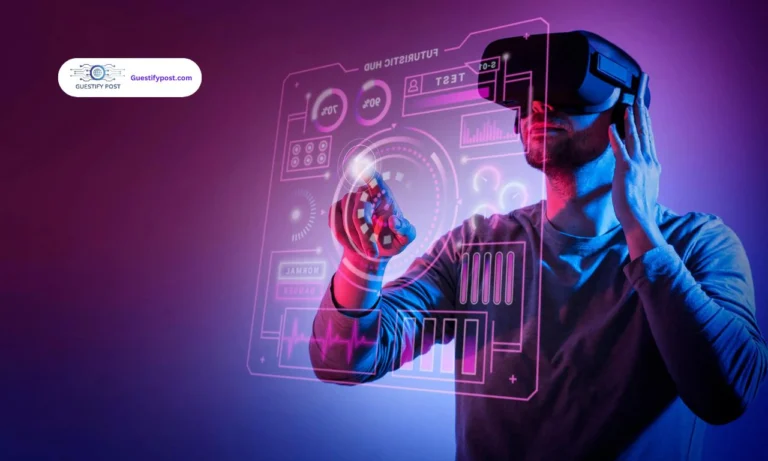Philosophy Meets Technology: A Journey Through Modern Thought
Philosophy and technology offer distinct views on our connection to the world, essential to human existence. The intersection of philosophy and technology raises profound questions about existence, human values, and societal progress, merging with practical innovation.
Philosophy seeks fundamental principles through critical thinking, exploring our world and our place within it. It dives into fundamental notions like truth, ethics, knowledge, and meaning, exploring the depths of human experience and thinking.
Later Developments Humanities Philosophy and Technology
Throughout history, humanity’s relationship with technology evolves. Modern advancements profoundly reshape human life, posing ethical challenges from industrialization to digitalization.
Understanding the Humanities Philosophy and Technology
The humanities philosophy of technology critically examines human-creation relationships, delving into underlying assumptions, values, and ideologies. The humanities’ approach to technology integrates various disciplines like philosophy, sociology, anthropology, history, and cultural studies for insights.
Historical Perspectives on philosophy and Technology
To comprehend the present one state of technology, it is vital to trace its historical roots and development. Across history, people innovate to improve lives with tools, technologies, and systems, striving for betterment. Technological advancements, like the wheel and electricity, bring new opportunities and challenges, reshaping human civilization’s trajectory.
Ethical Considerations in Technological Development
With enormous strength comes great responsibility, and nowhere is this more visible than in the world of technology. As AI, biotech, and other sectors advance, ethical concerns grow with expanding possibilities in technology and business. Privacy, autonomy, equality, and justice are vital in technology discussions, emphasizing the need for ethical consideration and direction.
The Impact of Technology on Society and Culture
Technology is far from neutral. It deeply influences society and culture, transforming how we live, work, communicate, and interact. Social media, online communities, labor automation, and digitization reshape human society profoundly. This transformation brings both opportunities and challenges.
Navigating the Digital Age
In today’s technologically interconnected society, where information is available, critical thinking and digital literacy are in high demand. To survive in this environment, we must understand the complexities of technology and its implications. This understanding allows us to make informed decisions, ensuring that technology advances in accordance with human values and aims.
Analytic Philosophy and Technology
Technology affects a variety of modern life, impacting how we communicate, work, and interact with the world around us. Amidst tech diversity, a complex realm delves into tech’s nature, meaning, and ethical dimensions. Enter the world of Logical Theory of Innovation, a subject that looks into the fundamental problems of our technological advances.
Unveiling the Analytic Philosophy and Technology
Analytic Philosophy of Technology delves into the nature and effects of technology on human life using precise analytical techniques. Unlike abstract philosophical approaches, it takes a pragmatic stance, dissecting technological complexities through logical analysis and critical scrutiny.
Ethical Considerations
One of the most serious problems in Analytic Philosophy of Technology is the social component of innovation in technology. As technology becomes more integrated into our daily lives, moral issues arise about our technological choices. Privacy, tracking, bias in algorithms, and robot impact stress moral responsibility in technology’s evolution.
Bridging Disciplinary Boundaries
Analytic Philosophy of Technology serves as a bridge between philosophy and other disciplines such as engineering, computer science, and sociology. Interdisciplinary dialogues in technology philosophy yield diverse insights, addressing complex societal challenges at technology’s intersection.
Applications and Implications
The insights gleaned from Analytic Philosophy of Technology have far-reaching implications for policymaking, design practices, and societal discourse. Philosophers of technology play a vital role in scrutinizing the underlying assumptions and values within technological systems. Their analysis informs the creation of ethical policies and practices aimed at prioritizing human welfare and societal progress.
Informing Technological Design
One practical application of Analytic Philosophy of Technology lies in informing the design and development of technological artifacts. Philosophers aid tech creators in spotting biases, value trade-offs, and unintended impacts for ethically robust tech.
Shaping Public Discourse
Moreover, Analytic Philosophy of Technology plays a crucial role in shaping public discourse surrounding technology. Philosophers clarify ethics, societal impacts, empowering informed discussions on technology’s role in individuals’ and communities lives.
The Relationship Between Philosophy and Technology
In the vast sphere of mankind, technology and science are cornerstones of development and innovation. Throughout history, these interconnected domains have propelled considerable progress, transforming civilizations, economics, and cultures.. This article explores how technology and science intersect, shaping diverse aspects of life with profound interconnectedness.
Understanding Science: The Pursuit of Knowledge
Science is the bedrock for academic innovation, giving the theoretical structure and empirical facts on which technological breakthroughs are based. Scientists observe, test, and analyze to uncover the world’s secrets, from subatomic particles to the vast universe
Science driven by desire, guided by methodical inquiry, ensures strong understanding, inspection, and technological advances shaping the world.
The Role of Technology: Bridging Theory and Practice
While science tries to figure out the natural world, technology is concerned with putting that understanding into practical applications that satisfy our needs and desires. From the creation of the wheel to the development of smartphones, technology has played an important role in honing our expertise, expanding our reach, and raising our standard of living.
Technology involves an extensive spectrum of objects, and processes, and systems, from basic devices created by early humans to intricate robots propelled by artificial intelligence. What unites these varied breakthroughs is their shared goal of using scientific knowledge to solve problems, boost efficiency, and throw up fresh possibilities
Challenges and Opportunities: Navigating the Nexus
Despite the huge benefits they provide to humanity, the connection between science and technology is not without variety and ethical concerns. The rapid rate of technology progress brings challenges in regards of ethical challenges, unplanned effects, and social repercussions that must be effectively handled.
likewise, spaces in access to technologies and scientific assets can worsen pre-existing inequalities, expanding the divide between the haves and have-nots. Addressing those disparities involves intentional efforts to foster inclusion, diversity, and a fair distribution of knowledge as well as chances for advancement.
Exploring Key Concepts
Technology affects numerous facets of modern life, influencing how we communicate, work, and interact with the world around us. But in the dazzling range of machines and advances lies an involved intellectual landscape attempting to figure out the nature, which means and ethical aspects of technology. Enter the world of Logical Theory of Innovation, an area that looks into the basic concerns of our technological advances.
How does technology and Philosophy shape human values, beliefs, and behaviors?
The domains of philosophy and technology are intricately entwined in the modern world, impacting people’s values, beliefs, and actions as well as those of society. This essay explores the complex interrelationship between philosophy and technology, examining how each influences and is influenced by human existence.
Understanding Technology and Philosophy
Technology is the wide definition of the actual application of scientific knowledge. It includes an enormous range of instruments, methods, and procedures that have significantly changed human society. Contrarily, philosophy is the study of wisdom and comprehension by critical investigation into basic issues pertaining to existence, knowledge, ethics, and reality.
The interplay between technology and philosophy is multidimensional. On the one hand, technology influences our philosophical perspective of the universe by altering how we perceive reality, knowledge, and existence. Technological advancements provoke serious philosophical investigations into fields ranging from artificial intelligence and virtual reality to bioethics and environmental sustainability. Furthermore, philosophy plays an important role in directing ethical and moral issues about technology. Questions like privacy, autonomy, and the influence of automation on the workforce underscore the importance of ethical frameworks based on philosophical concepts.
Impact on Values
Human values represent a key area of intersection for philosophy and technology. The values of the civilizations that generate technology are frequently reflected in and reinforced by it. For instance, the extensive use of social media platforms is indicative of how important connectivity and communication are in the culture. In a similar vein, the advancement of renewable energy technology corresponds with an increasing awareness of environmental conservation and sustainability.
Technology can, however, also pose a threat to moral standards and create fresh ethical conundrums. Concerns concerning the nature of consciousness and the worth of human effort are brought up by the development of artificial intelligence. Similarly, ethical questions about genetic engineering and the modification of life are brought up by developments in biotechnology. When it comes to directing conversations around the moral implications of technology advancement, philosophy is vital. Utilitarianism, deontology, and virtue ethics are examples of ethical theories that offer frameworks for assessing how technology affects human values and guiding judgments on its usage.
Influence on Beliefs
Human beliefs are molded by technology and philosophy, which shape how people view others, themselves, and the world around them. The web, for For instance, has democratized access to skills, helping people to explore novel thoughts and challenge long-held beliefs. However, it has also resulted in the spread of deception and the rise of echo chambers, in where individuals are only exposed to ideas that affirm their private opinions.
Philosophical inquiry aids individuals in negotiating this flood of information by developing critical thinking abilities and creating skepticism. Philosophical traditions such as epistemology and metaphysics offer methods for analyzing the credibility of sources and the validity of assertions.
Behavioral Implications
Finally, tech and philosophy have significant implications for human conduct. The design of technology changes how people interact with their surroundings and with one another. As an instance, the structure of these platforms could affect user behavior by praising some acts (such as likes and shares) while discouraging others.
Free will, determinism, or moral responsibility are the philosophical tenets who support discussions about how technology affects human agency and freedom. As technology becomes more woven into a variety of everyday life, questions emerge concerning how much control individuals have over what they do and what they decide.
Conclusion
The humanities’ philosophy of technology offers a broad and intricate prism for examining the complex relationship between people and technology. Critical analysis of the ethical, cultural, and sociological dimensions of technological development and implementation enables us to work towards a future where technology promotes human advancement instead of perpetuating oppression or exploitation. In navigating the complexities of the digital era, it’s crucial to bear in mind that the decisions made today will profoundly influence the world of tomorrow







